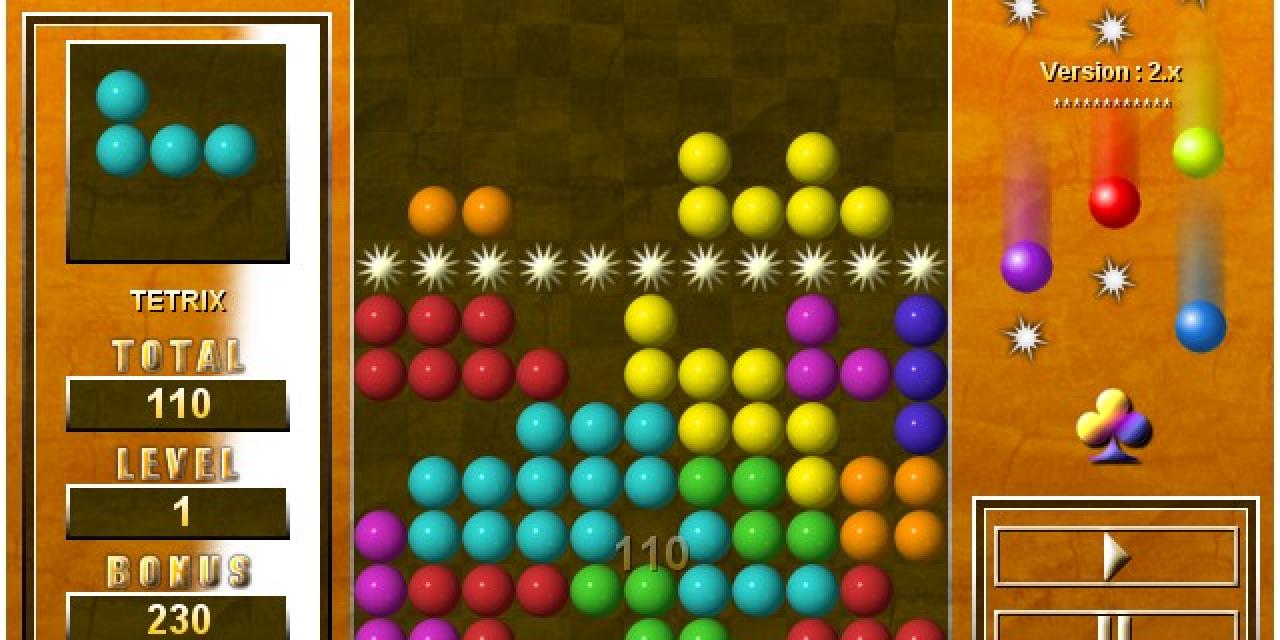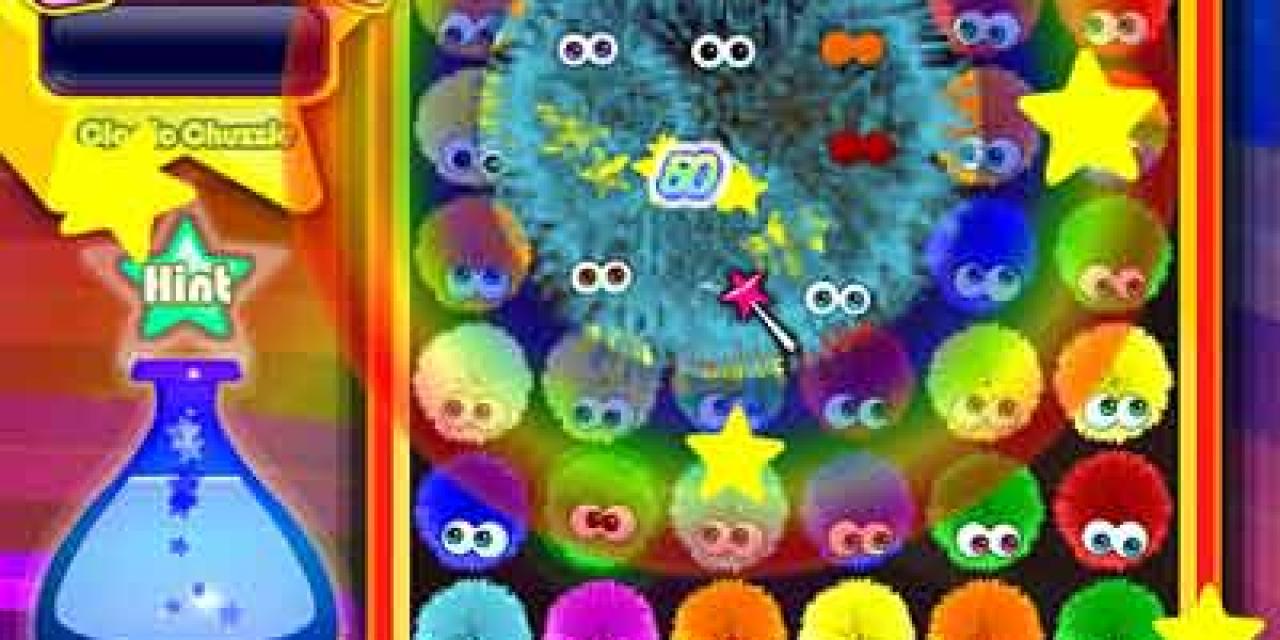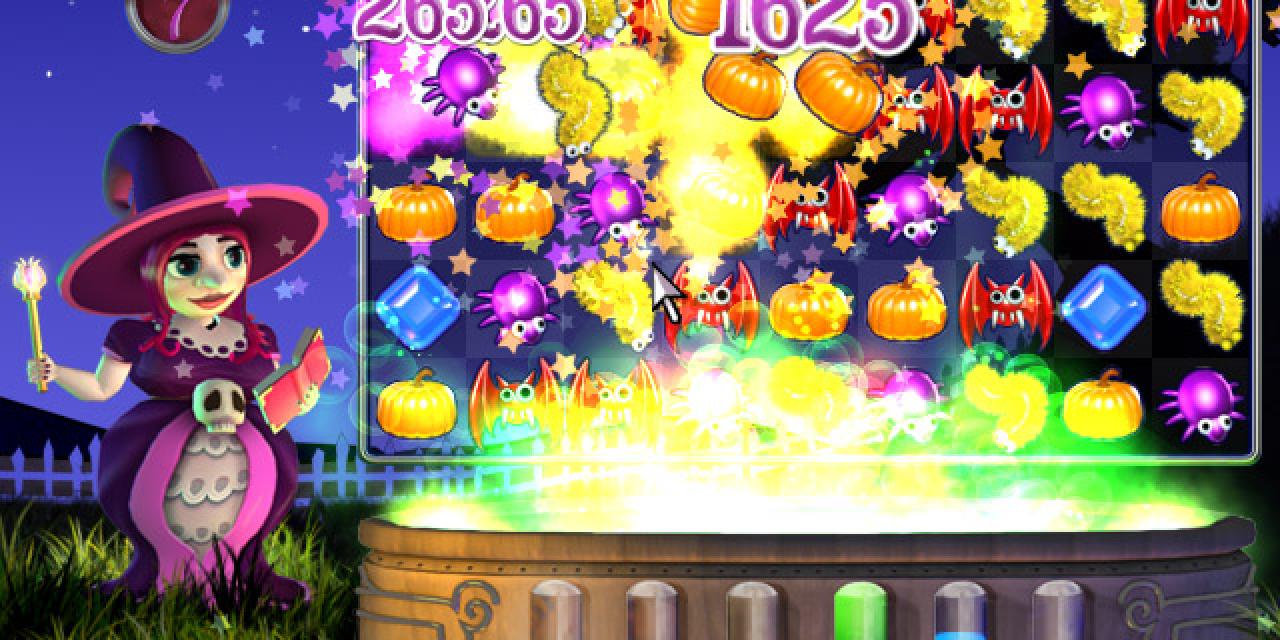


Casual games have a great potential to explore new ideas and designs. Games such as Zuma, Chuzzle, Bejeweled and Feeding Frenzy might have been played longer than hardcore classics such as F.E.A.R.
But the greatest threat to casual games does not come from large game studios and their multi-million dollars titles. In fact, it is the smaller game developers who pose the real threat right now. Too many developers offering cheap replicas of popular casual games may be holding back casual games' market growth and negating its greatest strength: creativity.
In a recent interview Jason Kapalka, founder of PopCap Games tackled the issue of copycat game developers and their effect on casual games market as a whole.
When asked about successful casual games being over-clones, Kapalka answered: "The truth is that very few games are developed without reference to past games. There's always going to be titles that build on a previous mechanic or game. But there's a fine line between that and very bold-faced rip-offs that aren't adding anything to the game and are just trying to make a quick buck. There's games like that in the hardcore gaming market of course, but the problem in the casual space is that the investment in resources can be a lot less. So a three person studio isn't going to build a knock-off of Warcraft. But they could crank out a clone of Bejewelled in a few months. The barrier to entry is a lot lower so you get a lot more of it".
But -according to Kapalka- this doesn't affect original creators financially. People will always refer to the original title and it would sell the most. However, "the worry is that it encourages a lot of independent developers to churn out these cheap clones instead of original projects. They think they can do a quick knock-off to help pay the bills and then they can work on their big magnum opus but that rarely happens. Once they start down that road of making rip-off games you never make a huge fortune off it and you end up working hand to mouth. They don't have time to work on larger projects that take a risk. And that has a negative effect on the industry as a whole. It should be a really creative opportunity to have a small team that has the luxury of creating whatever it wants and getting to market without the usual cumbersome problems that come from publishers and other factors. The casual space should be encouraging a huge amount of creative design but there's a lot of imitation and that's a shame.
